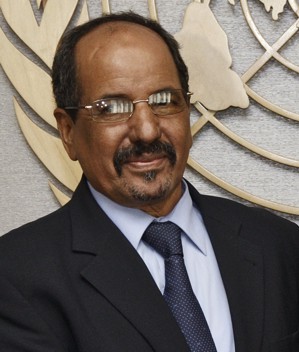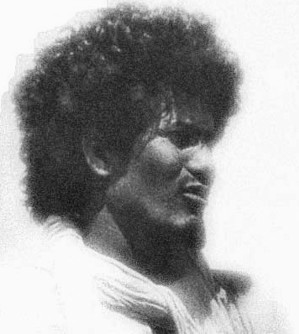|
Western Sahara Politics | Human rights Sahrawis awake to government opposition
It caused shock waves within the Polisario as its own police inspector Mostafa Salma Sidi Mouloud in August, during a conference in Moroccan-occupied Smara, made a public statement saying he supported Rabat's plan for Western Sahara's autonomy within the Moroccan kingdom. Mr Mouloud added he would further promote the autonomy plan to the Sahrawi refugees living in the Polisario controlled refugee camps in Algeria.
With the release of Mr Mouloud, President Abdelaziz "opens the door to all traitors and apostates" and was selling out Sahrawi interests to foreign organisations, the faction holds. Khat al-Shahid sees this bowing into Amnesty's demands in line with the current leadership's inability to maintain Polisario's military striking power and the apparent diminishing strength of Sahrawi positions in UN-mediated negotiations. Khat al-Shahid during the last years has increased its power base in the Sahrawi refugee camps, where more and more citizens are frustrated about living in dire exile conditions during 35 years and with little or no advance in the negotiations since the 1991 ceasefire. These frustrations are increasingly connected to President Abdelaziz. While Sahrawi opposition forces increasingly form within the Polisario movement, some few refugee camp dwellers also try to organise outside the ruling movement. For eights years, a group of Sahrawi intellectuals have tried to run the country's first truly independent newspaper, 'Futuro Saharaui'. The journalists, in addition to constantly report about Moroccan abuses in the occupied territory - denounce the ruling Polisario movement's leadership, calling for more democratisation, larger freedom of expression and fight against power abuse and corruption among Polisario cadres. Contrary to all other media in the camps, which all operate within the Polisario movement, 'Futuro Saharaui' does not receive any government assistance and sees itself worked against by authorities, for example when it comes to access to paper and printing facilities. But the independent media is still being published. In surveys, the independent media has documented "wide discontent with the situation in the camps" and a growing distrust with the Polisario leadership. Opposition in all directions is growing and increasingly is being allowed to surface. With the freeing of Mr Mouloud - only following international pressure - the Polisario leadership seems to allow opposition views on even the most existential issue of the exile Sahrawis: the question of Western Sahara's independence. By staff writers © afrol News - Create an e-mail alert for Western Sahara news - Create an e-mail alert for Politics news - Create an e-mail alert for Human rights news
On the Afrol News front page now
|
front page
| news
| countries
| archive
| currencies
| news alerts login
| about afrol News
| contact
| advertise
| español
©
afrol News.
Reproducing or buying afrol News' articles.
You can contact us at mail@afrol.com









